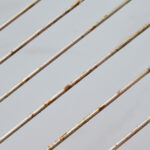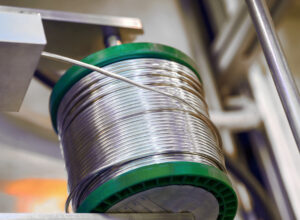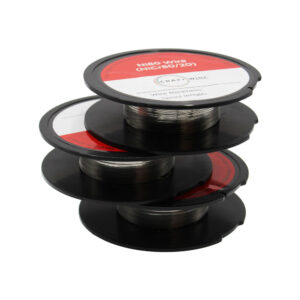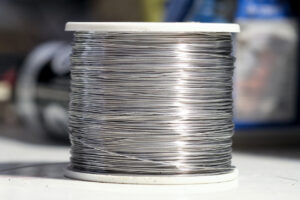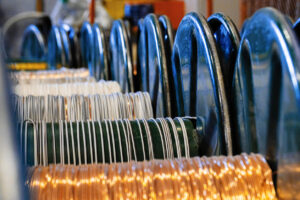In the vast realm of wire manufacturing, the nuances between different wire shapes might not seem immediately consequential to the average observer.
However, when one delves deeper into the world of electrical and thermal applications, the distinction between square and round wire becomes more pronounced. This article will explore the benefits of opting for square wire, specifically when compared to its round counterpart.
Key Findings:
- Geometry Benefits: Square wires offer better surface area, resulting in enhanced heat distribution.
- Space Efficiency: Square wires fit snugly together, optimizing space in coil applications.
- Mechanical Properties: Square wires often have superior adhesion when coated or insulated.
- Tensile Strength: The geometry of square wire can provide increased tensile strength.
- Economic Advantages: Producing square wire may lead to reduced material waste and, consequently, cost savings.
A Matter of Geometry: Maximising Surface Area
At the heart of the square vs. round wire debate lies geometry. The shape of a wire affects its surface area, and this, in turn, influences its performance in various applications. When a wire’s surface area is maximized, it tends to have better heat distribution and, in some cases, enhanced electrical properties. A square wire, with its four flat sides, has a more extensive contact surface when compared to round wire. This can prove advantageous in applications where even heat distribution is vital, like in heating elements.
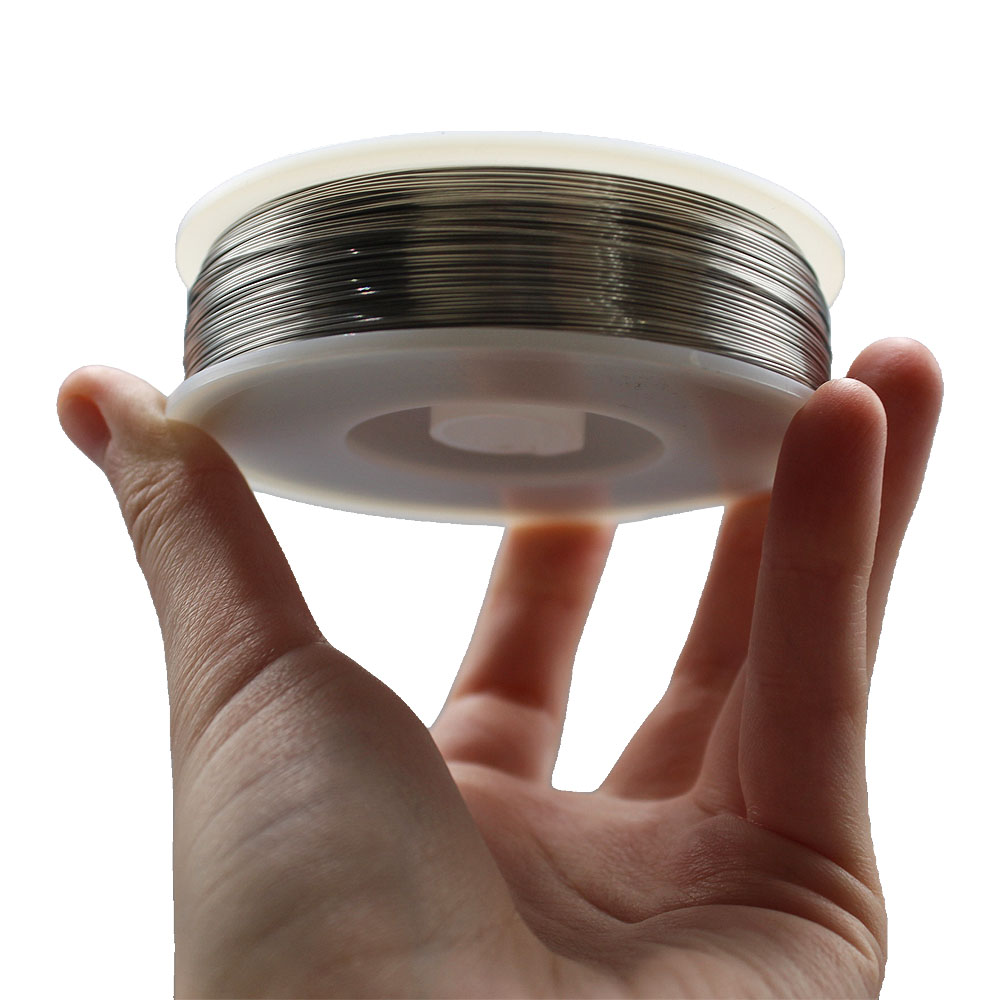
Space Efficiency and Packing Density
Square wires, by virtue of their shape, are inherently more space-efficient when laid side by side or wound together. Unlike round wires that leave gaps when coiled, square wires fit together more snugly. This means that when they’re used in coil applications, such as in transformers or motors, they often allow for more wire to be packed into the same-sized space, thus leading to better efficiency and performance.
Enhanced Mechanical Properties
Square wire, given its flat surfaces, often has better adhesion properties when coated or insulated. This can be particularly beneficial in scenarios where the wire requires additional protective layers against environmental factors or when it needs to be bonded with other materials.
Optimal Tensile Strength
Some tests have indicated that square wire, because of its geometry, might offer slightly better tensile strength as compared to round wire, especially when subjected to bending and twisting forces.
Economic and Manufacturing Considerations
Producing square wire can sometimes be more economical than round wire. This is especially true when the wire material is expensive, and there’s a need to reduce waste. Since square wire can fill molds or cavities more effectively with less excess, there’s often a reduction in material waste, which can translate to cost savings in the long run.
The Bottom Line
Choosing between square and round wire is not a one-size-fits-all decision. Each shape comes with its unique set of benefits, and the right choice often hinges on the specific requirements of the application at hand. However, the key findings highlighted above underscore the compelling advantages of square wire in many scenarios. For those looking to make an informed decision, consider discussing your requirements with a trusted wire manufacturer. Remember, whether square or round, the quality of the wire material and the precision of manufacturing are crucial. In the end, it’s the combination of shape, material, and craftsmanship that determines the wire’s overall performance.
What We Have Available
Our inventory has recently been updated, and we now have two specific sizes available from stock:
0.5 x 0.5mm Nichrome Square Wire: Perfect for applications that demand precision, this wire size offers the hallmark heat resistance and durability of nichrome, optimized in a fine square profile.
0.6 x 0.6mm Nichrome Square Wire: A slightly thicker option, this wire is ideal for those looking for a balance between flexibility and robustness, without compromising on the superior qualities nichrome brings.
Both of these flat wire sizes exemplify the advantages of using square profile wire, especially in terms of effective heat distribution, space efficiency, and mechanical robustness. Whether you’re into crafting, industrial applications, or electronics, our nichrome flat wires are primed to deliver top-notch performance.
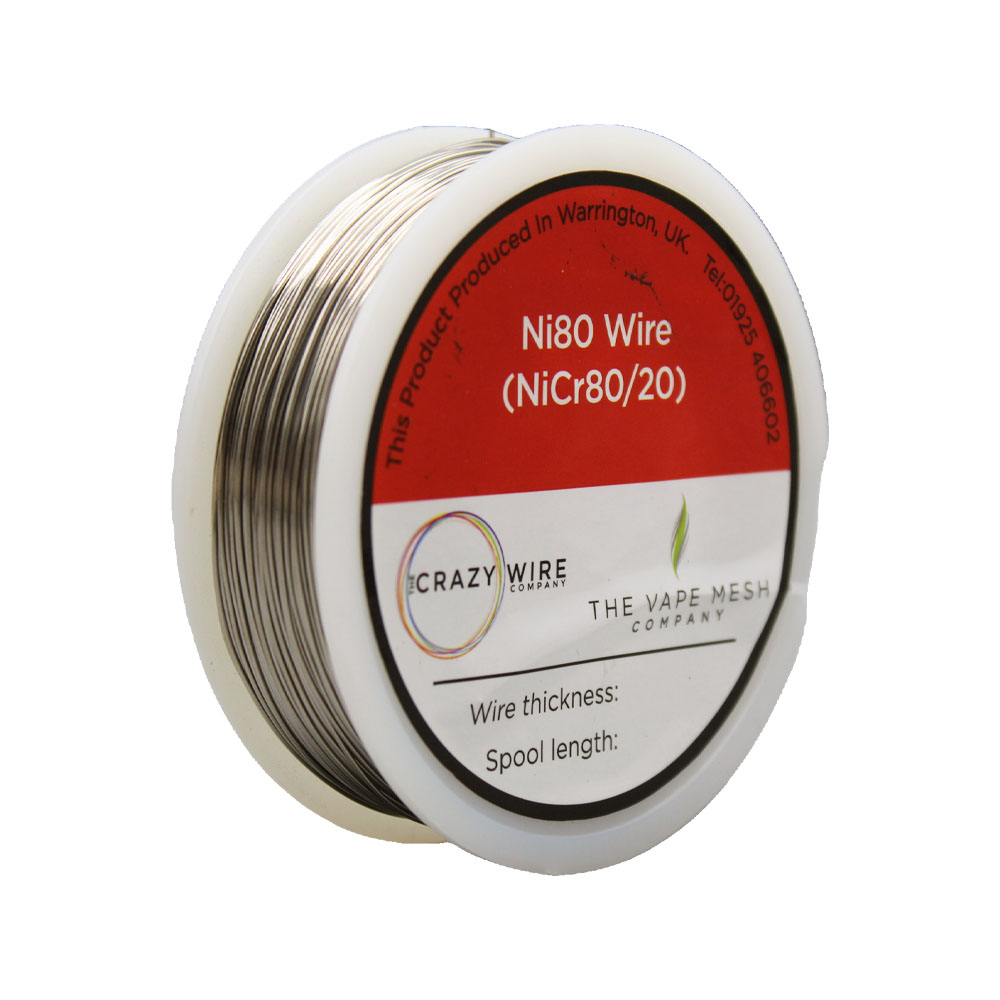
Thanks for reading our blog. At The Crazy Wire Company, we’re here to share insights and useful information about the world of wire.
Our aim is to make things clearer for our customers. Keep checking back for more updates, and remember, if you have wire needs or questions, we’re here to help.
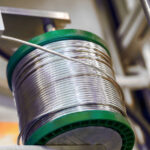
Nichrome Wire Safety: Top Tips for Working Safely
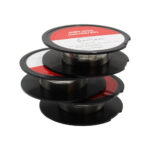
Best Wire for Electronics Projects
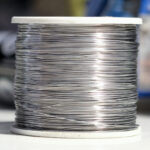
Is Ni80 Wire Suitable for DIY Heating Elements

Wire Grades Explained
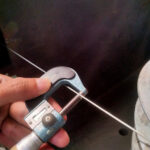
How Wire Diameter Affects Strength and Flexibility

How to Cut and Shape Wire for Custom Applications

Can Wire Be Used in 3D Printing?

How Wire Composition Affects Conductivity
